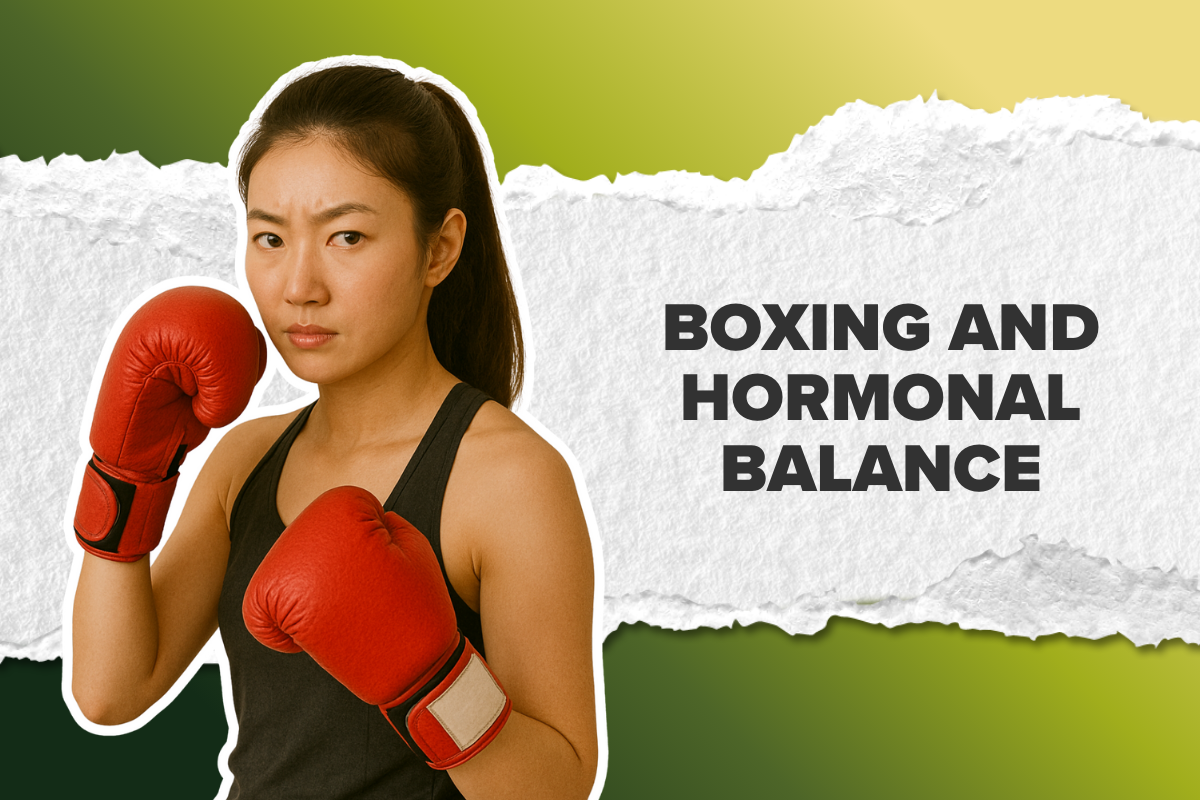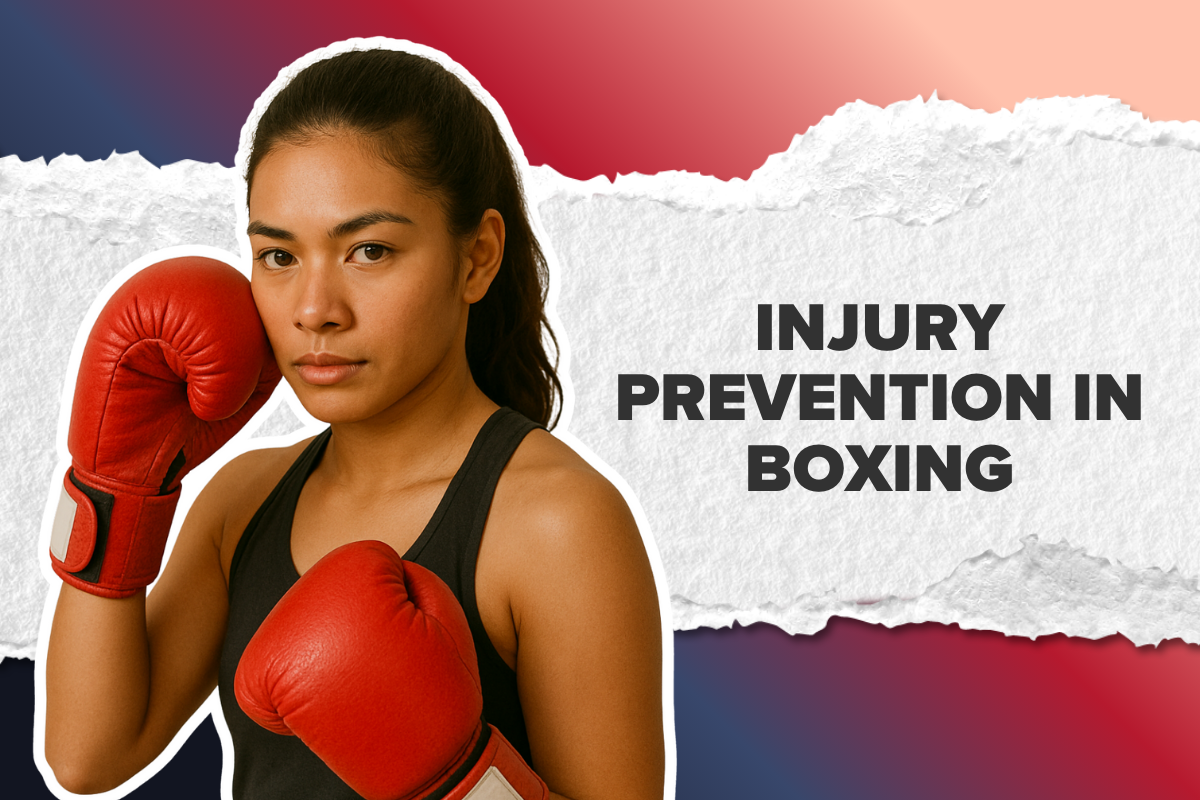Boxing is a sport that demands speed, power, and endurance—all fueled by what you put on your plate. For female boxers, nutrition isn’t just about eating healthy; it’s about eating with purpose. The right balance of nutrients can enhance performance, support recovery, and keep energy levels steady through grueling training sessions. At the same time, women face unique considerations such as hormone balance, bone health, and iron levels that can affect performance. Here’s what every female boxer should know about fueling her body for success.
Why Nutrition Matters in Boxing
Training and sparring put huge demands on the body. Without the right fuel, fatigue sets in faster, recovery slows down, and performance suffers. Proper nutrition:
-
Provides energy for intense workouts.
-
Supports muscle repair and growth.
-
Helps regulate hormones and menstrual health.
-
Strengthens bones and reduces injury risk.
-
Enhances focus and mental clarity.
Macronutrients: Building Blocks of Performance
Carbohydrates: The Primary Energy Source
Boxing is high-intensity, which means it relies heavily on glycogen (stored carbohydrates). Eating enough carbs ensures you have the fuel to last through long training sessions.
-
Best sources: Whole grains, brown rice, oats, quinoa, sweet potatoes, fruits, and vegetables.
-
Tip: Time carb intake around workouts—eat complex carbs 2–3 hours before training, and replenish with fast-digesting carbs like fruit after.
Protein: Repair and Recovery
Every punch, squat, and drill creates microtears in your muscles that need protein to heal and grow stronger.
-
Best sources: Lean meats, poultry, fish, eggs, Greek yogurt, tofu, beans, and lentils.
-
Tip: Aim for 1.6–2.0 grams of protein per kilogram of body weight daily to support muscle repair.
Fats: Sustained Energy and Hormone Support
Healthy fats are often overlooked, but they’re crucial for female athletes, supporting hormonal balance and joint health.
-
Best sources: Avocados, nuts, seeds, olive oil, and fatty fish like salmon.
-
Tip: Include small amounts of healthy fats in meals for lasting energy.
Micronutrients Female Boxers Should Prioritize
-
Iron: Women are at higher risk of iron deficiency, which can cause fatigue and lower endurance. Include red meat, lentils, leafy greens, and fortified cereals. Pair plant-based iron with vitamin C (like spinach and citrus) for better absorption.
-
Calcium & Vitamin D: Essential for strong bones. Dairy products, fortified plant milks, and leafy greens are great options.
-
Magnesium: Helps with muscle recovery and prevents cramps. Find it in nuts, seeds, and whole grains.
-
B Vitamins: Important for energy metabolism—whole grains, legumes, and leafy greens are excellent sources.
Hydration: The Hidden Key
Dehydration reduces reaction time, endurance, and focus—all critical in boxing. Female boxers should:
-
Drink water consistently throughout the day, not just during training.
-
Replace electrolytes lost through sweat with sports drinks, coconut water, or electrolyte tablets if workouts are long and intense.
-
Monitor urine color—light yellow usually means you’re hydrated.
Pre-Workout and Post-Workout Nutrition
Before Training
A balanced meal 2–3 hours before training should include:
-
Complex carbs for energy (brown rice, oats).
-
Lean protein for muscle support (chicken, eggs, tofu).
-
A small amount of healthy fat (avocado, olive oil).
After Training
Recovery meals should focus on replenishing glycogen and repairing muscles:
-
Quick-digesting carbs (fruit, rice cakes).
-
Fast-absorbing protein (protein shake, yogurt, tuna).
-
Hydration with water and electrolytes.
Nutrition and Weight Management
For female boxers competing in weight classes, managing weight is often part of the sport. However, it’s crucial to avoid crash diets that harm long-term performance. Instead:
-
Focus on gradual adjustments rather than drastic cuts.
-
Prioritize nutrient-dense foods to maintain strength.
-
Work with a coach or nutritionist when possible to stay healthy while meeting weight goals.
Meal Planning for Female Boxers: A Sample Day
-
Breakfast: Oatmeal with banana, chia seeds, and almond butter.
-
Snack: Greek yogurt with berries and honey.
-
Lunch: Grilled chicken, quinoa, roasted vegetables, and olive oil drizzle.
-
Snack (pre-training): Rice cakes with peanut butter and apple slices.
-
Post-training snack: Protein shake with banana.
-
Dinner: Salmon, sweet potato, and steamed broccoli.
-
Evening snack: Cottage cheese with pineapple.
Final Thoughts
Nutrition for female boxers is about more than just calories—it’s about fueling performance, supporting recovery, and keeping the body strong and resilient. By balancing macronutrients, focusing on essential micronutrients, and staying hydrated, women can train harder, recover faster, and perform at their best.
And if you’re ready to combine great nutrition with the right gear, check out KO Studio, a women’s boxing gear company committed to supporting fighters in and out of the ring.



